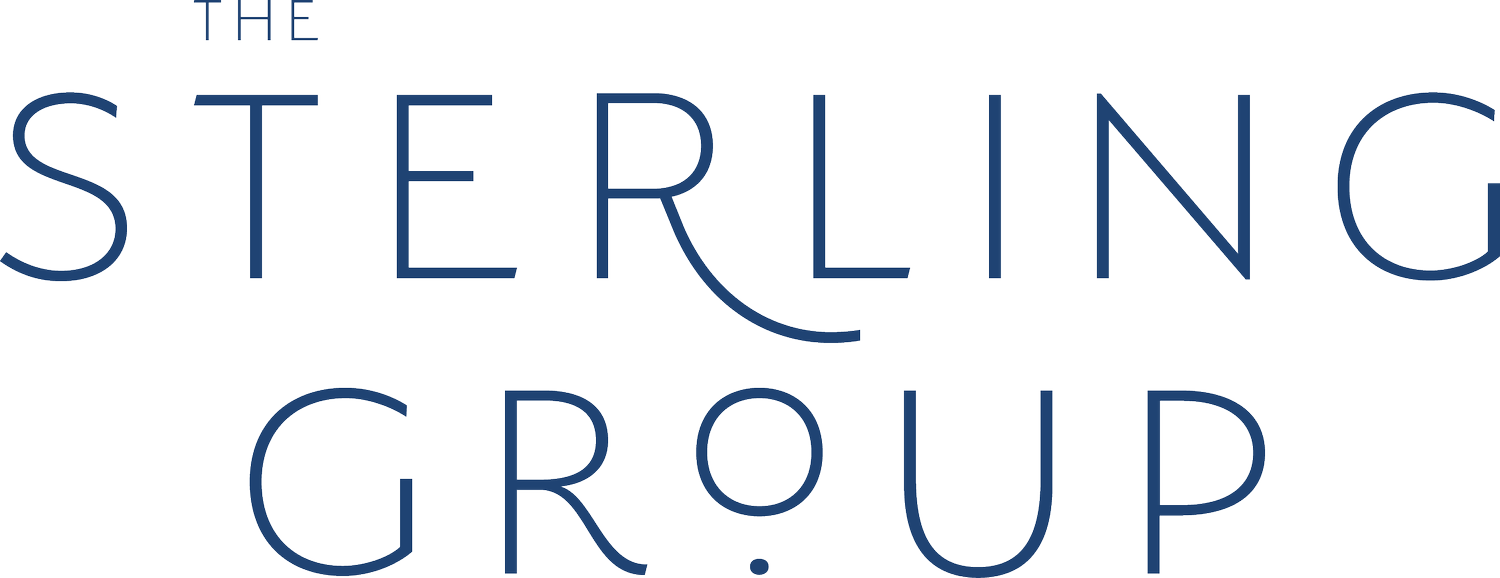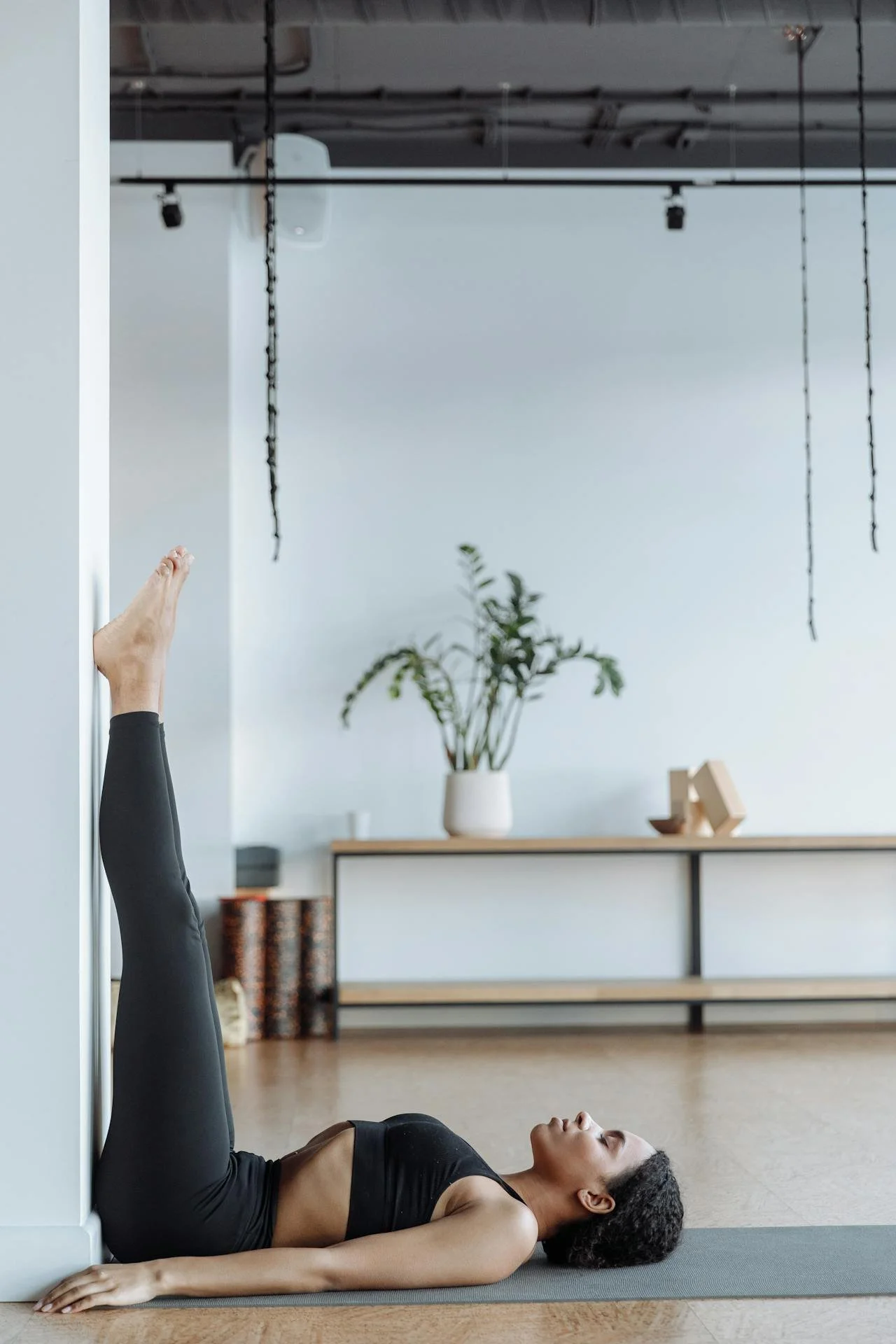Rest, Reflect, Reset: Best Routines for Fall
During seasonal transitions, reflecting on beneficial healthy routines, habits, or needs can make or break the transition into fall. Preparing for a post-summer mindset helps prepare for closing out the year with positive intention and checking off goals. If you have been outside enjoying the summer in Washington DC heat with an oat milk matcha latte, close out the heat wave by cooling off and engaging with your inner reflection. The summer end mind shift adjustments require some self-care and personal reflection. In managing stress and building healthy routines, it requires intentional rest, reflection, and reset—core pillars often explored in therapy. If you’re a young adult, student, or recent graduate in DC, Virginia or Maryland - the right therapy-inspired strategies can ease the change and set you up for a productive, intentional season.
How to Rest and Recharge Your Mind and Body?
What does “rest” actually mean? It is allowing your brain a break and rest for recharging and healing. Rest is intentionally pausing to not do or think. Rest allows for restoration, connection with self, and stress reduction.
As one invests in their rest, it is important to reflect on responsibilities and assess if you can adjust to reduce stress and duties while still being effective. In assessing, one can explore: What can I take off the to-do list this month? Explore what ways you can engage in rest over the week.
What are the best ways to take a rest?
Napping
Stretching/Yoga
A Massage
Meditating
A Technology Break
Therapy in DC
Saying “No”
Nature Break
Checking in with your body to evaluate how you have been sleeping is important to sustain a healthy daily lifestyle. This is a time to assess your daily sleep routine, evaluate environmental factors, and physical and internal conditions. On average, adults should have about seven to nine hours of sleep daily.
What are some transformative sleep hygiene tips?
Reducing and/or limiting screen time 1 hour before bedtime
Building a night ritual (i.e., beauty routine, puzzles, reading, journaling, stretching, deep breathing)
Setting a nightly bedtime and rise time
Avoid caffeine (8 hours), alcohol (3–5 hours), and heavy meals (2–3 hours) before bed
Create a comfortable sleep environment (i.e., pillows, cool temperature, blackout curtains, noise machine)
If there are challenges with sleep overall, consulting your primary care provider to aid further in your assessment is recommended. The value you put in your rest and recovery gives you the space to soundly reflect on your needs, assess your current experience, and evaluate your goals.
Taking time to see how you can incorporate rest habits monthly supports a sustainable healthy lifestyle.
Best Rest Habits Examples to Implement:
Sleeping in later than usual every 4th Sunday
1-hour nap mid-day once or twice a month
Setting a bedtime of at least 10:00 pm to wake up by 6:00 am Monday–Friday, allowing 8 hours of sleep prior to waking up
Meditating in the morning before work or summer school
Stretching before bed and/or when waking up
How to reflect on personal growth?
When transitioning into a new season, engaging in routines that focus on the good we have experienced in life can help in maintaining a positive mindset overall. The practice of gratitude is the acknowledgment of the good you’ve experienced in your life and showing appreciation.
Simply, reflecting on what moment in the day made you smile or who or what supported you in the day provides an opportunity to practice gratitude.
How can I meaningfully integrate a gratitude practice into my life?
A Gratitude Walk – Taking a walk and intentionally noticing things around you that you appreciate like nature, people, sounds, etc.
Journaling – Reflecting on the good in your day or on what brought you peace, joy, or calm in the day
Letter of Gratitude – Writing an acknowledgment or thank you to a person of support to you
Visual Gratitude Board and/or Jar – Creating a gratitude vision board with images, quotes, or words reflecting your summer job opportunities, or keep a jar where you drop notes of gratitude each week and review monthly
Intentionally taking the time to reflect on how you are experiencing life allows space to process and assess your needs and goals. The self-reflection questions below can aid in fostering personal self-awareness and begin the steps of setting intentional goals for yourself this fall—whether in teletherapy, in-person career counseling for young adults, or while applying to online career counseling programs.
Questions for Self-Reflection
What goals am I working toward?
What is my body communicating?
How am I feeling?
What feelings keep coming up?
Who am I connecting with most now and why?
What thoughts keep recurring?
What’s working well currently in my life?
What are my current top 3 values and how are they observed in my life?
What’s challenging me?
What’s my motivation?
Self-reflection is the sunscreen for an intentional end of summer, and without it, you just may get burned.
What are the benefits of taking time to self-reflect?
Personal emotional awareness
Clarity and purpose in your decision-making
Accountability check-in
Internal processing
Relationship impact awareness
How to Reset and Set SMART Goals for the New Season?
“Reset” can best be defined as beginning again after a period of rest or change, so that you feel better able to deal with your life or with a situation.
Start small, maintain, or take it a step further in your goals. Either way, there are ways to reflect and move forward in alignment with your values and goals.
When reflecting on areas to focus for your goal-setting, you can pick a focused area in life to be intentional about your focus for the season- especially helpful for students finishing summer courses, young professionals returning back to school, or clients working with multicultural therapists at our multicultural counseling center in DC.
What are some intentional self-reflection questions to use while in a period of reset?
Emotional: How will you take care of yourself? What has worked? What self-care can I engage in?
Physical: How will you move your body intentionally throughout the week? What is a good healthy meal I can cook?
Creative: How can I engage or explore my passions and interests?
Social Connection: How will you engage in your community and/or build community? Where am I loved?
Professional Development: How do you want to grow professionally?
The time you take to assess if the work you are doing aligns with your values and your goals overall is important in living a meaningful and fulfilling life. Once you have reflected and assessed your current experience, you can be intentional about your goals and utilize the insight gained to thrive going forward.
S.M.A.R.T. Goals
S.M.A.R.T. goals are a tool that aid in being strategic and intentional in fostering realistic goals and sustainable habits.
Specific – What do you want or hope to achieve?
Measurable – How will you track the progress?
Attainable – Do you have the resources and abilities to accomplish your goal?
Relevant – Does your goal make sense for your life right now?
Timeable – When can you achieve your goal? What is the timeline based on your capacity right now?
S.M.A.R.T. Goal Example:
I will engage in gentle movement 4 days a week, at my home gym and utilizing my CORE membership for at least one hour for the next six months. I will track my progress by noting workouts in my health app.
Rest, reflect, and reset…
These are your tools for moving into fall with purpose. You do not have to uproot your life, just start with one small meaningful step.
If this seems daunting, support is available to explore how to incorporate these reflective and mindful tools into your life. Therapy for young adults, whether in-person or through teletherapy, is a great way to explore your patterns, understand your goals, and build systems for how to create a routine and how to stay consistent.
At our DC therapists’ office and multicultural counseling center, we’re here to walk with you through every season.
FAQ: Post-Summer Panic? Expert Answers to Your Top Questions
Q: Why do I feel so “off” when seasons change?
A: Seasonal changes affect more than just the weather — they influence your body clock, mood-regulating hormones, and daily habits. This shift can leave you feeling tired, restless, or emotionally flat without you realizing why.
Q: How do I stop my fall schedule from feeling overwhelming?
A: Start with a “minimum viable routine” — just the non-negotiable habits that help you feel steady (like getting outside in the morning or planning meals). Once those are in place, you can layer in more responsibilities without burning out.
Q: What are some sustainable routines I can actually stick to?
A: Think small and consistent. A 10-minute morning stretch, Sunday night meal prep, or a weekly phone call with a friend is more sustainable than overhauling your entire schedule.
Q: Can therapy help me manage back-to-school anxiety?
A: Yes. Therapy can help you manage anxiety, improve time management, and create a sustainable schedule that works for your goals.
Q: How do I book a session with The Sterling Group?
A: Visit The Sterling Group DC to schedule a free 15-minute consultation with one of our therapists and find the right fit for your needs.
About The Author
Asia Felder-Watkins is a Licensed Professional Counselor in D.C. She supports adults in their 20’s and 30’s to navigate challenges in young adulthood. Asia prioritizes creating genuine relationships with her clients so that they can work together on molding a life her clients feel empowered to live.
You May Also Like…
Start Your New Year Strong with The Sterling Group, Washington, DC!
Whether you're in Washington, DC, for in-person therapy or in Virginia and Maryland for online sessions, our expert team is here to support you every step of the way in 2025. We're dedicated to helping you reach your goals and make positive strides toward a healthier, happier you. Start your therapy journey with us by following these steps:
1. Schedule a consultation with us using our contact form.
2. Meet with one of our skilled therapists.
3. Begin forming new habits for the new year.










